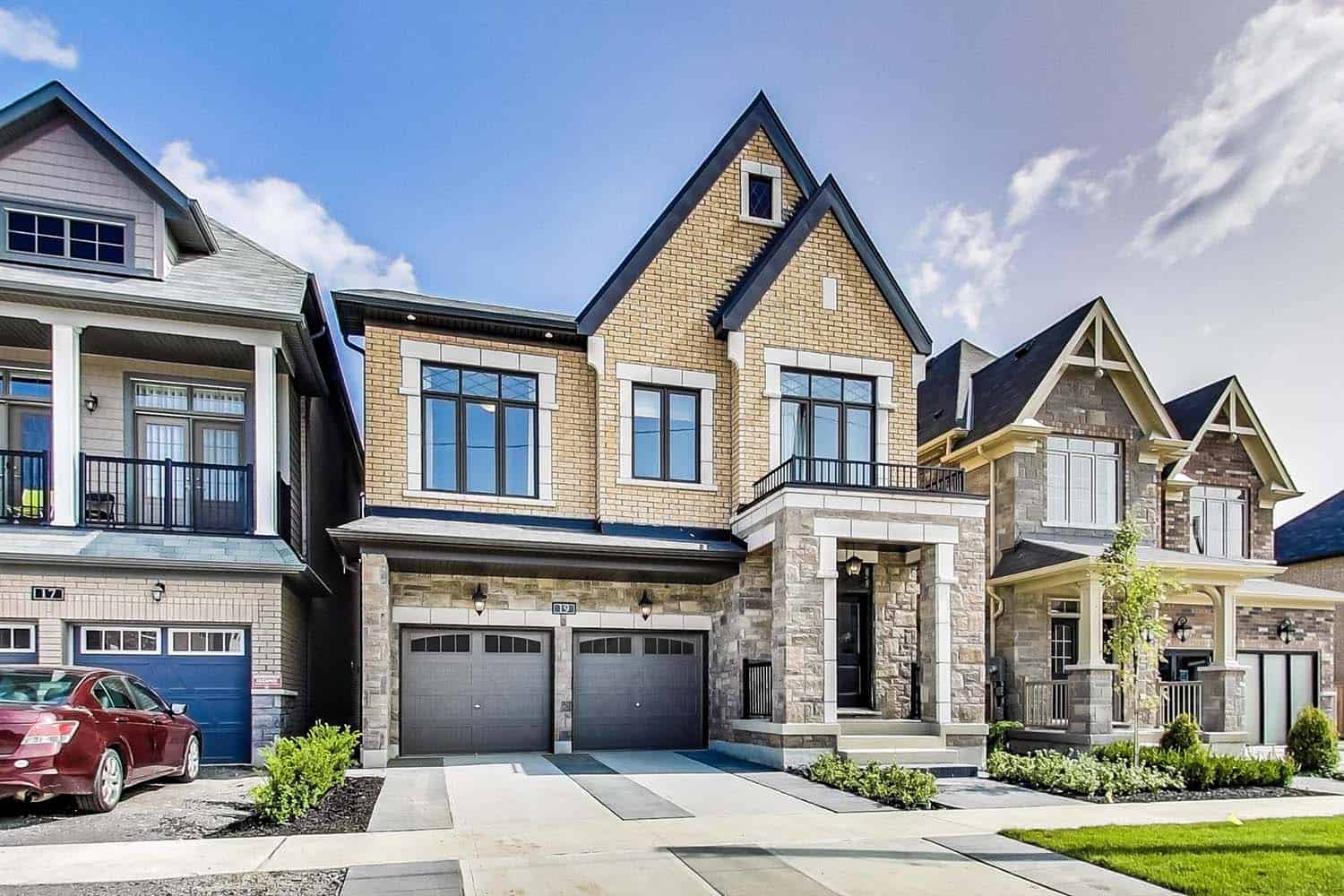Whitby, Oshawa property taxes the highest in Ontario
Published November 9, 2022 at 4:13 pm

Residents of Whitby and Oshawa who are constantly complaining about the high taxes they have to pay can take solace in the knowledge that they are right.
Property taxes are indeed high in the two communities and when you factor in the mill rate with the average price of homes they are two most expensive towns in Ontario.
The mill rate’s themselves are just middle of the pack – Oshawa sits 12th at 1.3256 per cent and Whitby is 17th at 1.147 per cent among 35 towns surveyed by real estate agency Zoocasa – but when those average home prices are worked in, they go straight to the top.
With an average home price of $991,105, Whitby’s property tax rate makes the average tax bill $11,368.75: number one in the province. Oshawa, with homes in the city selling on average for slightly less at $835,359, sits second with an average tax bill of $11,073.73. Oakville ($10,893.21), Ajax ($10,815.73 and Pickering ($10,805.88) round out the top five.
Also cresting the $10,000 mark for property taxes (based on average house prices) is Aurora, Newmarket, Peterborough and Windsor.
Windsor was number one for highest tax rates in Ontario at 1.8537 per cent, the only southern Ontario town in the top five.
Higher real estate prices and larger populations tend to mean lower property tax rates, due to the higher number of taxpayers helping to fund the city’s pot and bump the operating budget. A city’s commercial-to-residential tax ratio also factors into this. Businesses generally pay more than homeowners do in tax, and a higher commercial property tax rate translates to a lower residential rate and vice versa.
Which is a long way of explaining how northern communities like Thunder Bay, Sault Ste. Marie, North Bay and Sudbury have such high mill rates but generally lower overall taxes. Half a million dollars won’t buy much in Mississauga or Pickering, but it certainly goes a long way in Thunder Bay.
It also explains why Toronto has the lowest tax rate in the province given its population and home prices.
When buying a home, homeowners usually focus on budgeting for the upfront costs – the down payment, closing costs, land transfer tax, and other ongoing costs such as carrying costs, mortgage payments, and utilities. Property taxes are important to add to the list but sometimes overlooked.
How much you pay on tax is determined by the municipality tax rates and the most recent value assessment of your home, conducted by the Municipal Property Assessment Corporation (MPAC). It is usually evaluated every four years, but due to the pandemic, property value assessments have been frozen until 2024, meaning 2016 levels are still applied.
You can determine the amount you’ll pay in property tax by multiplying your most recent home value assessment from MPAC by the residential rate set by your local municipality. In Ontario, these are based on the following:
- The MPAC-provided assessment of your home’s value. This is based on your home’s characteristics such as the size of your lot, its overall condition, whether or not there have been structural changes or renovations, and whether or not it has a basement or pool. MPAC also considers the values of comparable properties in your neighbourhood.
- The Education Tax Rate, implemented by the province of Ontario, the proceeds of which are used to fund regional schools.
- The Residential Tax Rate, which is determined annually by a municipality’s city council.
Toronto’s tax rate is 0.631933 per cent, so homeowners would pay $7,018.18 in property taxes on a home that costs the current average of $1,093,097, the least expensive on the list. In comparison, the average price of a home in Whitby in October is a little less than the Toronto average, but homeowners would have $4,643.20 higher property taxes.
The five municipalities with the lowest property tax rates are all located in the GTA:
- Toronto: 0.631933 per cent
- Markham: 0.645017 per cent
- Richmond Hill: 0.670650 per cent
- Vaughan: 0.682784 per cent and
- Milton: 0.703456 per cent.






